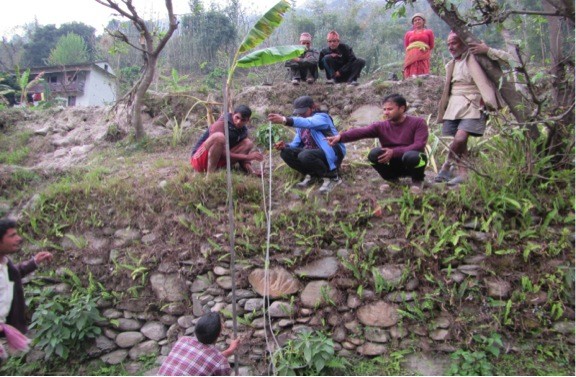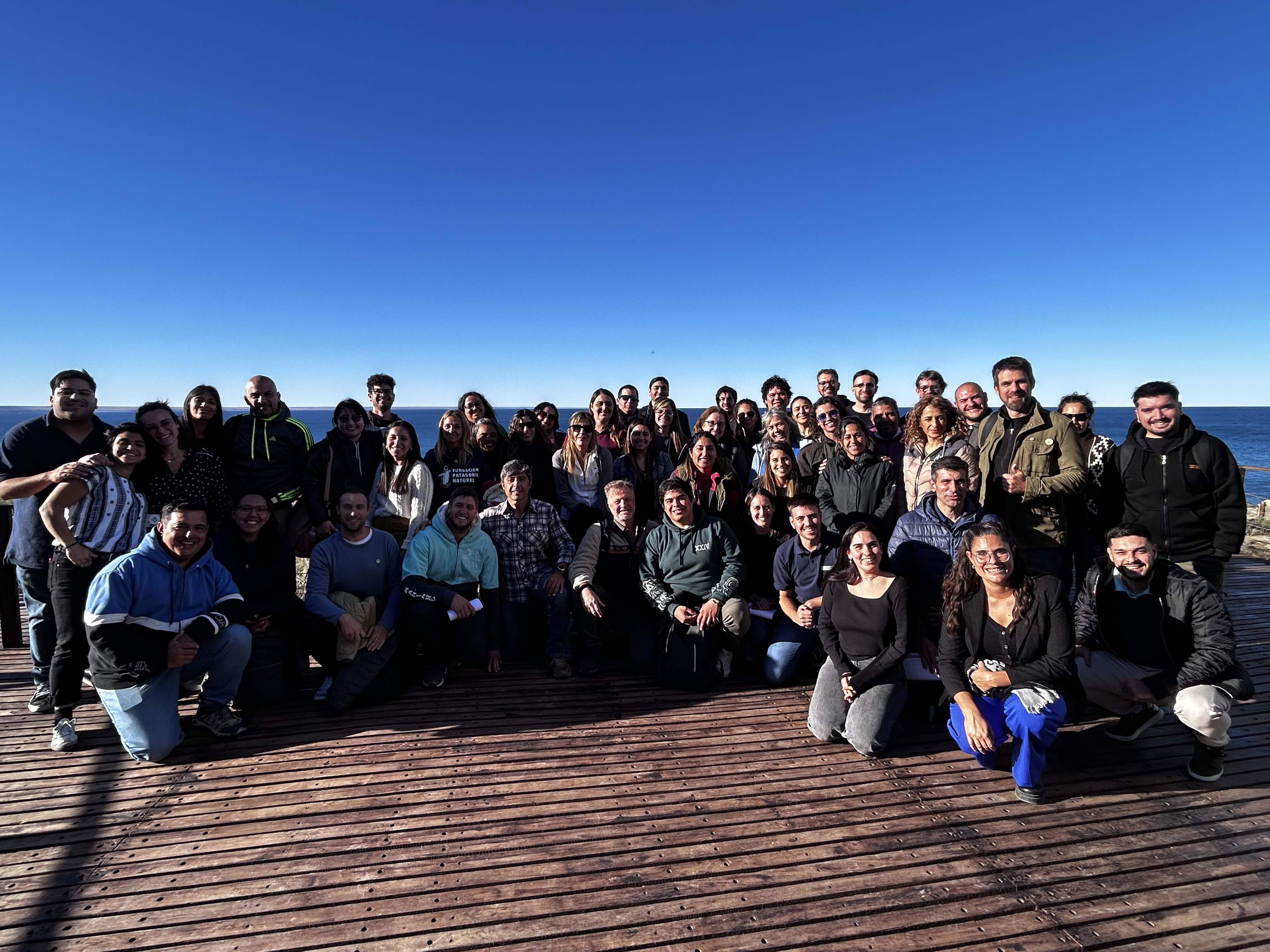More than 45 teachers from 15 schools in Chubut Province, Argentina, participated in the first training to launch our newest capacity building partnership: the YouthEnergy project.
Low-Head Pico-Hydro Technology in Nepal
The project was originally intended for the Madi municipality in the Chitwan District of Nepal, but a detailed feasibility study revealed that the local water flow rate in the that municipality was not sufficient for installation of the foreseen MHP capacity. Thus, the project team shifted activities to the Okhaldunga District. The two units, of 3kW (Toksel) and 1kW (Katunje) will provide electricity to 31 households in total.
The field visits which were carried out as part of the feasibility study gave insights into the required technical parameters and socio-economic and environmental conditions of the proposed locations. Both communities are positive about the project and are making financial and labour contributions to the implementation.
The next phase is focused on the construction of the water canals, power houses and transmission and distribution system generators. In addition, a field facilitator will conduct activities related to community mobilisation, and will support the local communities in the administrative processes. A “Village Electrification Committee” will be set up in each of the two participating communities, comprising a majority share of women.
More general information is available on our SEPS project page.


